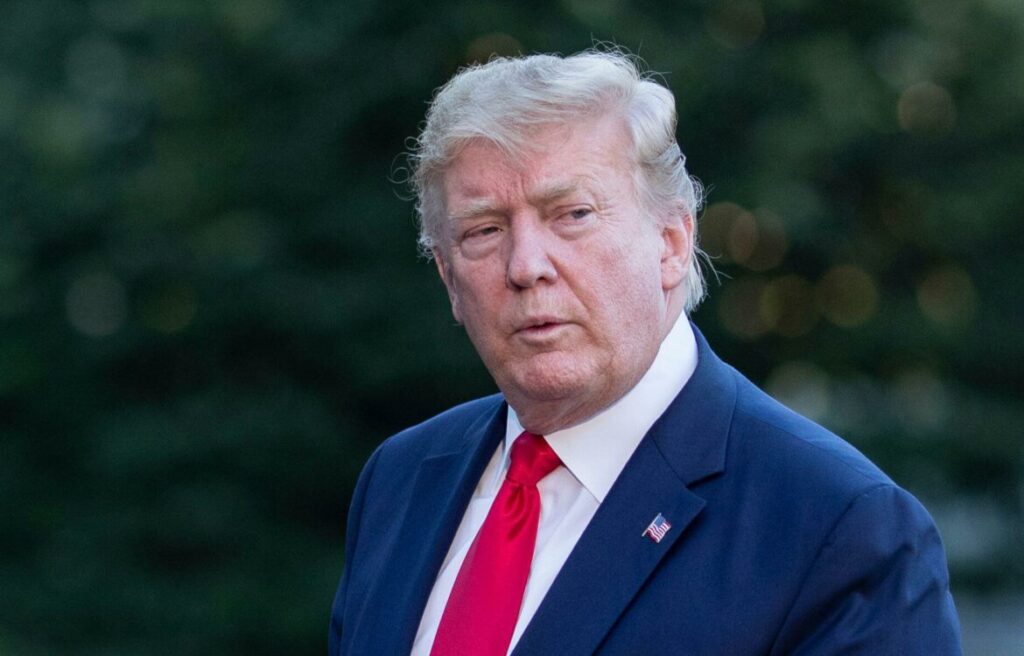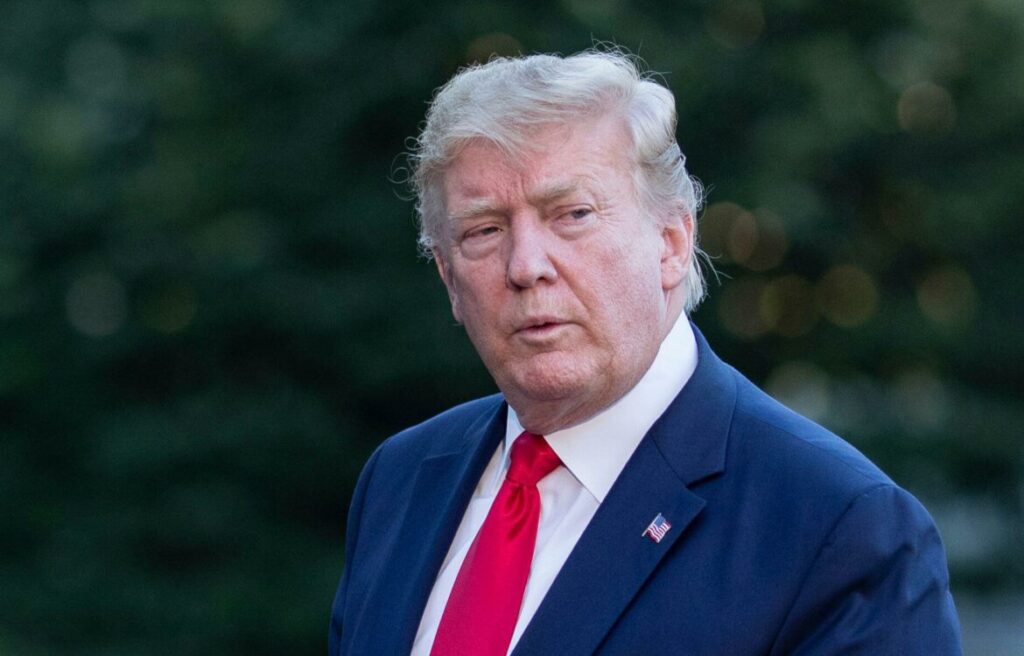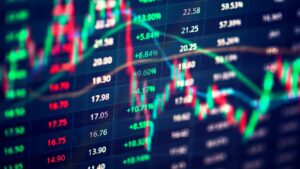
2D803YM US President Donald Trump arrives at the White House aboard Marine One after a trip to Asia on June 30, 2019 in Washington, DC. Trump attended the G-20 summit, visited South Korea, and briefly met with North Korean leader Kim Jong-un. During his meeting with Jong-un, Trump crossed the Korean DMZ making him the first sitting US President to enter North Korea. Credit: Alex Edelman/The Photo Access

In a move that could shake up financial markets, Robert Lighthizer, former U.S. Trade Representative and a long-standing trade advisor to Donald Trump, is cautioning Wall Street investors to brace for rapid tariff changes if Trump secures a second term in office. This warning signals a potential return to Trump’s aggressive trade policies that were a hallmark of his first presidency.
What’s Happening:
According to a report by CNBC, Lighthizer has been engaging with investor groups, giving them a heads-up about Trump’s proposed tariffs, which could be implemented soon after a potential victory in 2024. These tariffs include a staggering 60% levy on Chinese imports and a 10% tariff on all other goods coming into the U.S. While specific details remain unconfirmed, analysts from Piper Sandler have echoed concerns that these plans could unfold quickly after Trump’s possible re-entry into the White House.
Though Trump’s campaign press secretary, Karoline Leavitt, did not deny the meetings between Lighthizer and investor groups, she stressed that no policy is set in stone until Trump himself officially announces it. The investor groups Lighthizer has been in contact with remain undisclosed, but the message is clear: Wall Street should prepare for a new wave of tariffs that could alter trade dynamics and global supply chains.
Lighthizer, a key figure behind Trump’s trade policies during his first term, is now advising Trump’s presidential campaign on economic matters. He also holds the position of chair at the Center for American Trade within the America First Policy Institute, a think tank aligned with Trump’s policy priorities.

Why This Matters:
Trump’s proposed tariff policies have sparked significant debate among economists and financial experts. Critics argue that such measures could exacerbate inflation and disrupt the economy. However, Trump remains adamant, asserting that these tariffs would generate “trillions of dollars” for the U.S. government, countering concerns about rising costs for consumers and businesses.
Trump’s focus on trade was also evident during his recent visit to Detroit, where he made a case for imposing tariffs on Chinese-made cars, positioning himself as a champion of the U.S. auto industry. The former President’s tariff strategy was met with sharp criticism from Vice President Kamala Harris, who called the plan “reckless” and “poorly thought out,” suggesting that it could have severe consequences for the U.S. economy.
What’s Next:
With the 2024 election looming, Trump’s trade policies are once again becoming a central issue. Investors and financial analysts will be closely watching for any official announcements from Trump’s campaign regarding tariffs, as they could significantly impact global markets and trade relationships. For now, Lighthizer’s warnings serve as an early indicator of the potential economic shifts that could come with a Trump victory.
If these tariff plans are executed, companies that rely heavily on imported goods may face increased costs, potentially passing those costs onto consumers. On the flip side, Trump’s supporters argue that these tariffs could boost domestic manufacturing and create jobs within the U.S.
As the election approaches, Wall Street and global markets must remain vigilant, preparing for the possibility of a return to Trump’s bold and controversial trade tactics.



